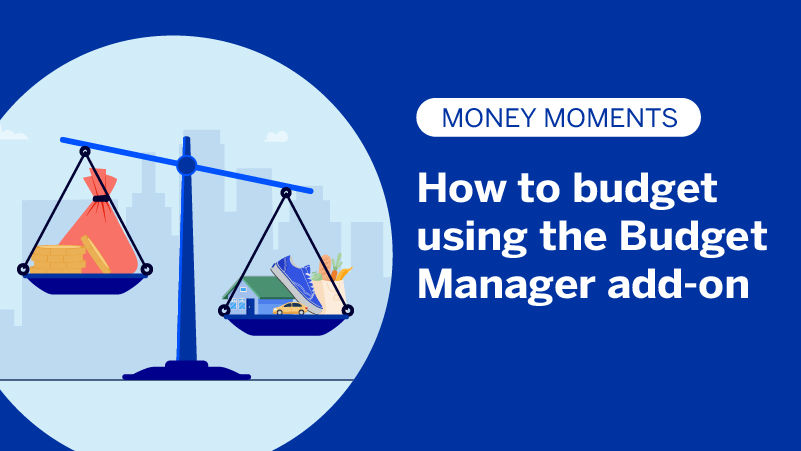
How to cope with rising living costs
If you feel like your money isn’t going as far as it should or as it used to, you’re not imagining it. With the price of energy, food, fuel and everything else skyrocketing, most people are feeling the pinch of maintaining their lifestyles and coping with the higher cost of living.
If you’re struggling to keep up, it’s time to reassess your situation and look at ways of being savvier with your money. Here’s what you can do to deal with rising living costs.
RE-EVALUATE YOUR BUDGET
Besides listing expenses and savings, a budget puts you in control of your finances. As your costs go up, what you’ll be able to afford might change, and knowing what you have to work with puts you in a position to adjust to these challenges and manage your money accordingly. It can also help you identify spending patterns and which costs to cut down on.
DECIDE WHERE TO MAKE CUTS
Look at everything you’re spending your money on. Is there anything you can do without or that’s costing you more than it should? For example, do you have a gym membership or streaming subscription that you never use? These might seem like small costs, but when they add up, they could make a big impact.
REVIEW YOUR POLICIES
Take a closer look at your insurance, utilities and contracts. Check that you aren’t being charged more than is necessary and that you’re getting the best value for your money:
- If your lifestyle or location has changed, you might be eligible for a better insurance rate, or if you consolidate your insurance under a single provider, you could negotiate a better premium.
- Check whether there are any outstanding debts or penalties. The interest will continually and unnecessarily eat into your budget.
- If your cellphone contract is coming to an end, consider keeping your device and switching to a cheaper package instead of upgrading.
BE SMART ABOUT YOUR DEBT
Ensure that you’re not skipping payments, paying late or only paying the minimum amount on your credit card or loans. You’ll be charged more interest or penalties, which will make your debt more expensive and further cut (unnecessarily) into your budget. There are also more cost-effective options to manage your debt. Having multiple debts costs more, so consolidating your debt with a personal loan or using the Balance Transfer feature on our Banking App can reduce the number of loans and credit cards into a single loan so you can benefit from a single (often lower) interest rate.
DON’T SKIMP ON MAINTENANCE
While it seems counterintuitive to spend money when you’re trying to save it, fixing leaking taps and pipes will save your water bill. Addressing a small damp patch is much cheaper than having to redo waterproofing on an entire wall. Fixing your car might save you from having to pay for large costs when you have a big breakdown.
FOCUS ON BEING EFFICIENT
From using more energy-efficient lighting to planning your meals and cutting down on entertainment expenses, making smaller lifestyle changes and being intentional about reducing your expenses can help you weather the storm and keep within budget.
TOOLS TO HELP YOU
|
Financial health toolkit > Understand your financial situation, manage your debt better and build a budget |
Use add-ons on your Banking App > Customise your app with features that put you in control of managing your money efficiently and easily |
|
Debt consolidation > Consolidate your debt into a single account to make managing your finances easier |
Sign up for LookSee > Get insights and services to efficiently manage your home and save money |
*Terms and conditions apply. Network costs only apply to downloading the app.



























